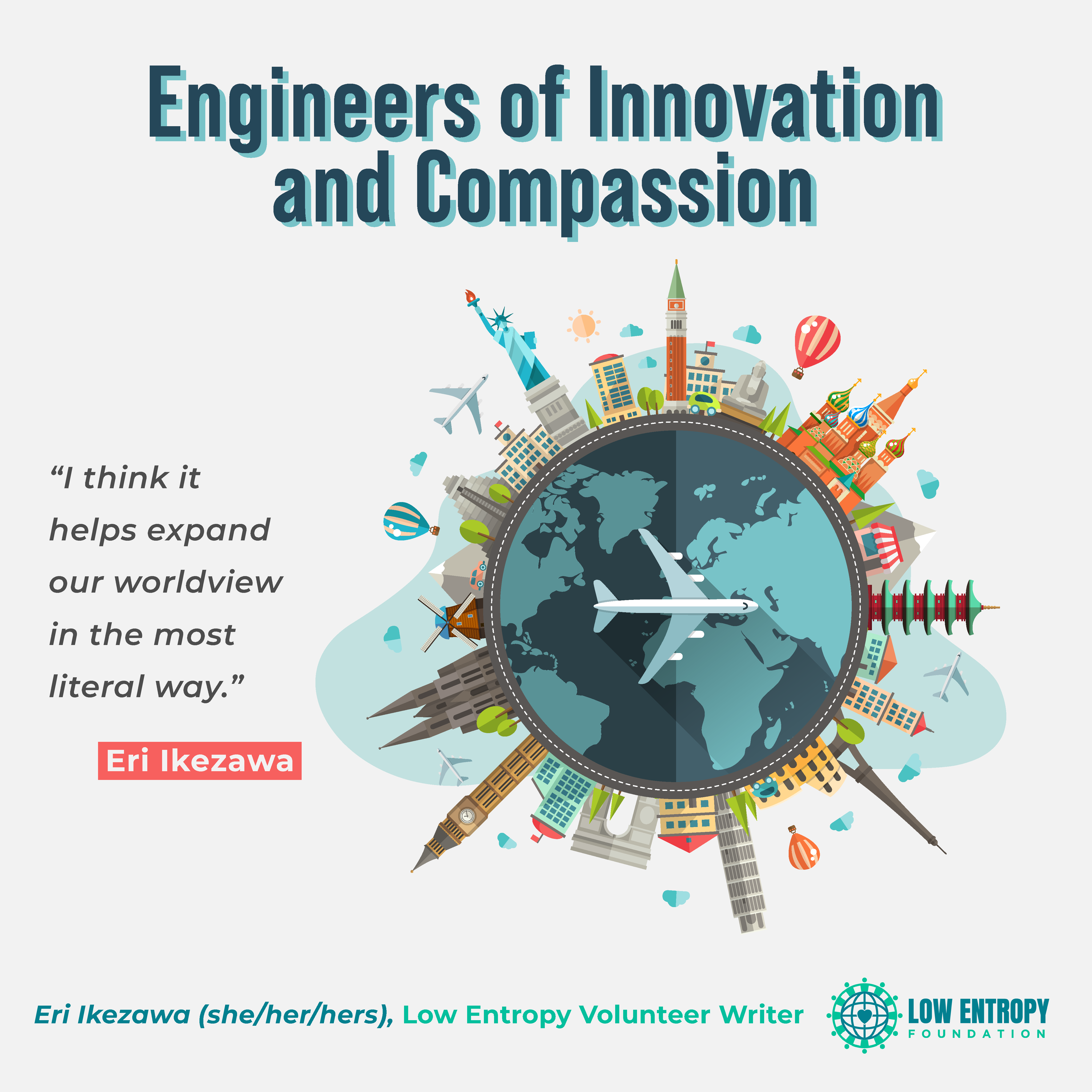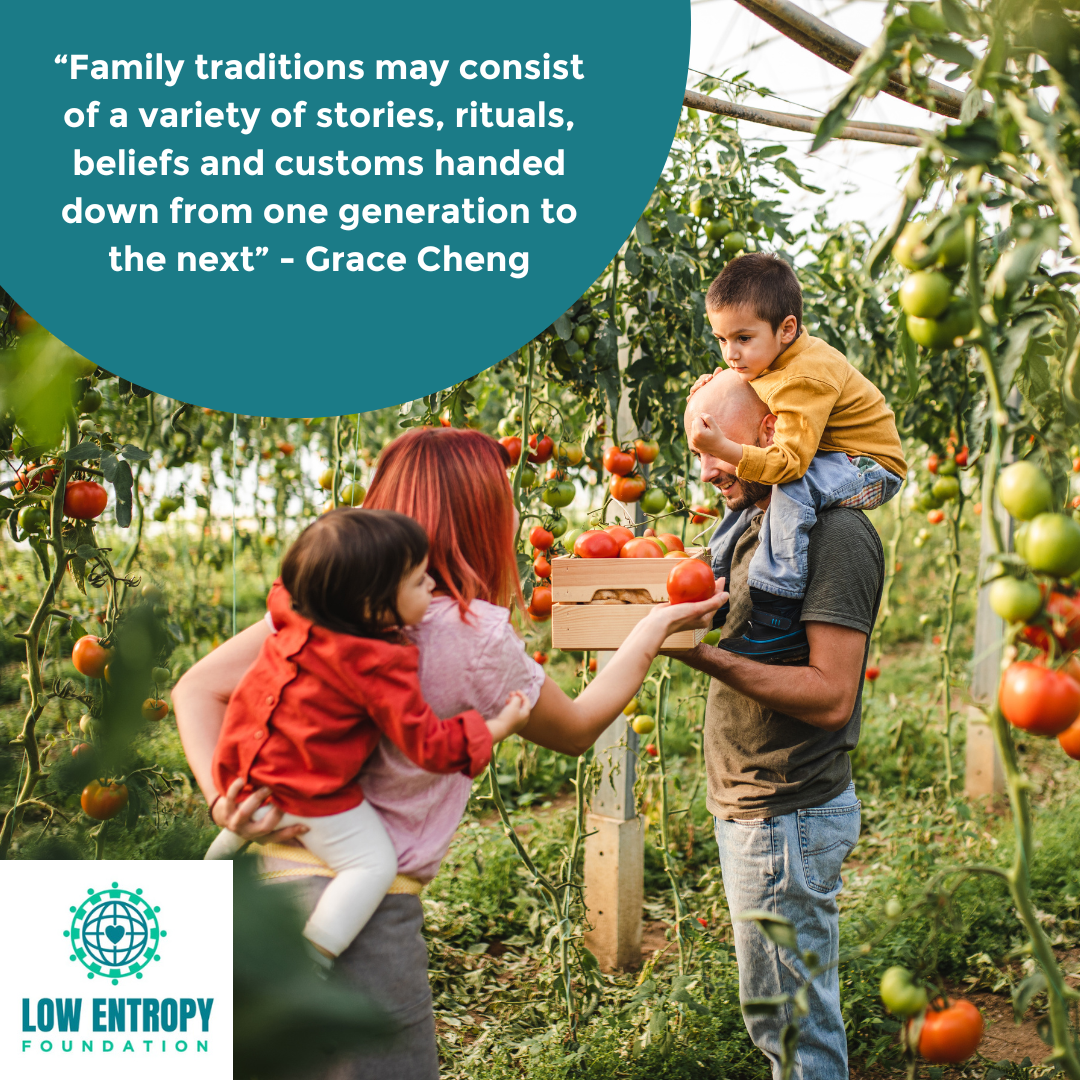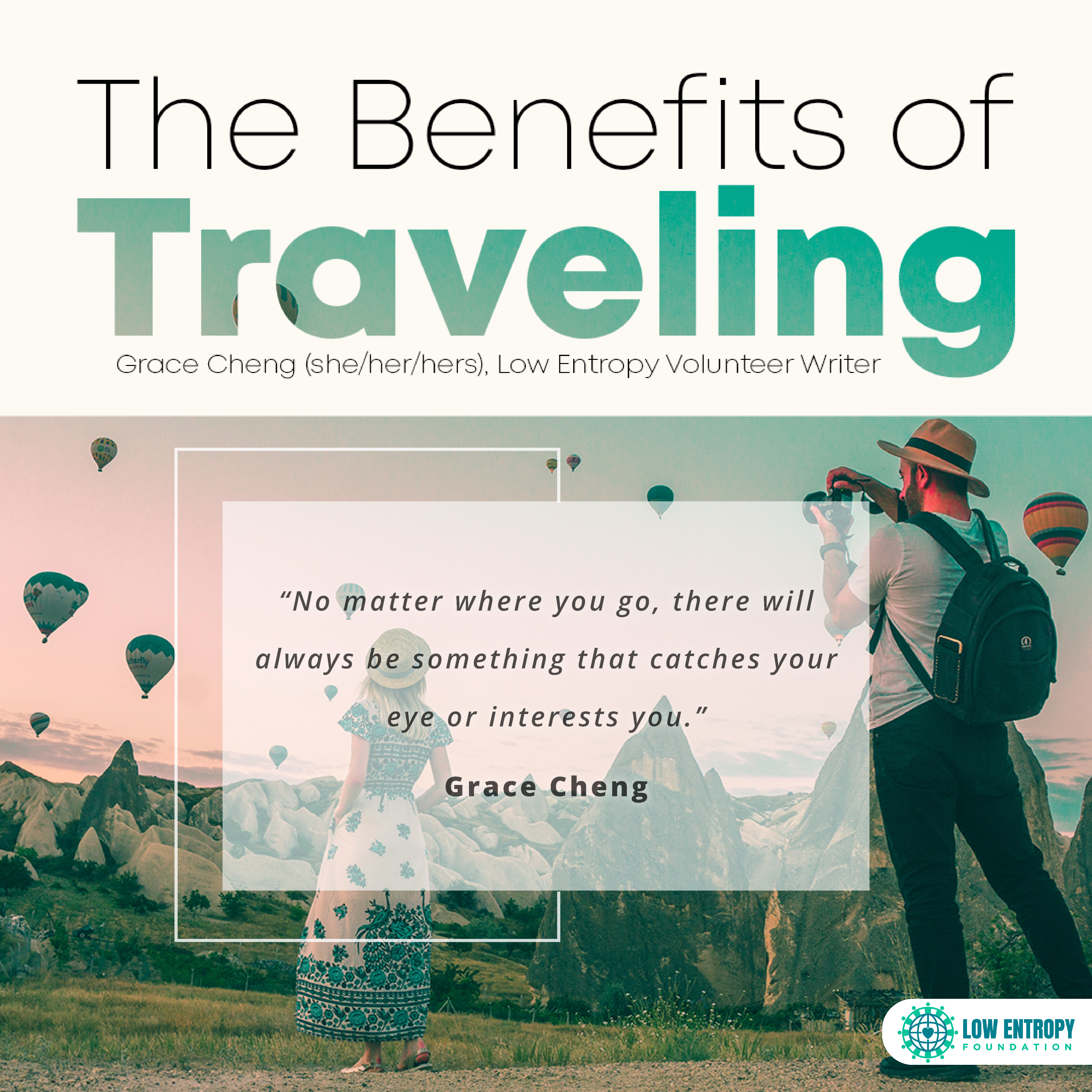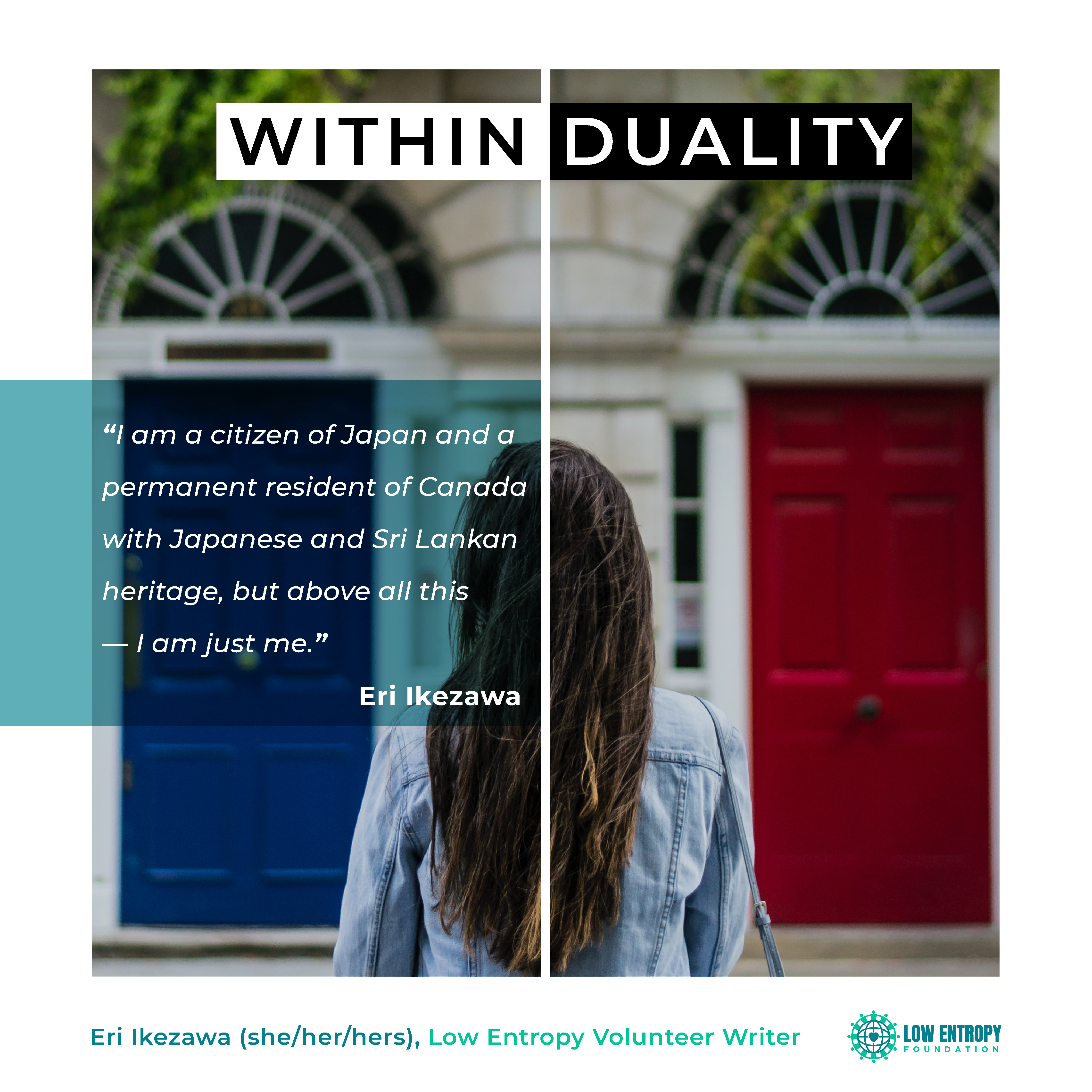Engineers of Innovation and Compassion
September 22, 2023

Eri Ikezawa (she/her/hers), Low Entropy Volunteer Writer
I very strongly believe that travel broadens the mind. I think it helps expand our worldview in the most literal way — while we experience the world, we also inflate our knowledge and recognize that our own perspectives, which are ironed into us from our own respective cultures, do not have to be the be all, end all. There are other options to entertain; or at the very least, we can integrate what works better in one society and use it as inspiration to modify the cracks and hollows in our own familiar environment.
In some ways, I do believe that the more resolutely we remain trapped in the comfortable bubble of what we know — without the curiosity to challenge our current beliefs by fully experiencing something new — the more that bubble hardens incrementally and becomes more difficult to adapt.
I truly subscribe to the idea that our beliefs are initially malleable, fluidly able to form into any shape or container, like water. As we grow older, the culture, language and influential figures in our lives begin to guide and direct our internal belief system. These factors are like cement, and if we have no other experiences to pull inspiration from, the moldability humans possess — the water, so to speak — mixes to create a reaction, solidifying and hardening. That is, if we are never given a chance to explore and open up our world, it sets in stone.
Just like cement.
In addition to this, people are creatures of habit. If we don’t work to oppose and defy long standing traditions and values that cannot be practically applied as humanity develops, we will not be able to continue this trend of growth. By contesting what we know and are familiar with, we become engineers of innovation and compassion.
For example, I like to compare the differences between my birth country of Japan and my country of residence. There is no denying that existing within a culture of individualism has provided me with ample opportunity to speak my mind and explore the deepest crevices of my identity and personality, and the liberty to question old traditions that I feel don’t serve us as a society anymore.
When I went to Japan as an adult for the first time, I felt I was able to fully appreciate those aforementioned aspects of Western culture — things I had taken for granted, something that was a natural characteristic of the society that I had grown up in. But all the same, I felt that there is so much that North American society could benefit from adopting a certain degree of collectivism as well.
I admired how inherently embedded into the society it was for people to be considerate of one another’s time and resources. And while I think it is important to balance their work, home and personal lives, I was inspired by how hard people work in Japan; their great detail-oriented approach to their professions and the importance of collaboration and working as a team were among the few attributes in working culture in Japan that I wished to bring back home with me.
On the other hand, when I went to Sri Lanka to visit my paternal relatives, I got to see how appreciative, grateful and involved people were with their families, stretching themselves as far as they could to bridge gaps for those whom they loved and cherished in their lives. Although Sri Lanka is still a developing country, the biggest charm of its people is how genuine they are. The laughter I heard was the belly-aching sort, where if one person starts, it’s enough to infect someone else, and even though they may not be as privileged (in some ways) as the people in the West are, they are truly and deeply thankful for all the blessings they have in their lives.
As someone who lives in a developed country — a tangible result of my parents’ bravery and sacrifices — I feel that sometimes people who are privileged take things for granted. I think sometimes in the white noise of life, we forget to just take a deep breath and appreciate what we do have — instead of lamenting over what we don’t have, or what we wish to obtain, or ruminating over a failure or mishap that won’t matter to us in the long run.
Although I wouldn’t categorize myself as someone who deserves the title of being a “well-traveled” individual, I recognize that I am privileged enough to have the mobility (physically, legally and financially) to have visited the places I have. And despite the fact that my global scope is limited in terms of first-hand experience, I can honestly say that having gone to the places I have has given me a new lease on life.
—
My name is Eri Ikezawa and I have an extended minor in psychology and a major in linguistics. I’m still on the path to quelling questions about myself and the direction I want to head in, but in the meantime, I have always wanted to find a way to help others and contribute to a community dedicated to personal development and self-love.
GET INVOLVED
At Low Entropy, we believe changing the world starts with changing ourselves.
Founded in 2015, Low Entropy Facilitates conversations that encourage diversity and promote inclusivity.
We understand that life can be confusing at times. It can seem challenging and sometimes you may feel like no one really “gets you.” We offer an opportunity to connect with others who have the capacity to understand you.









